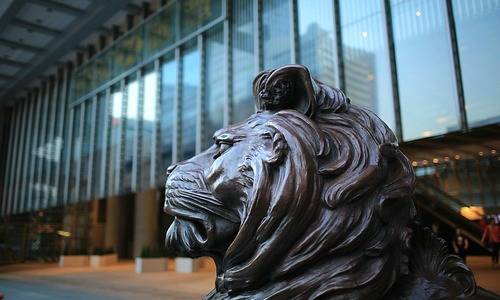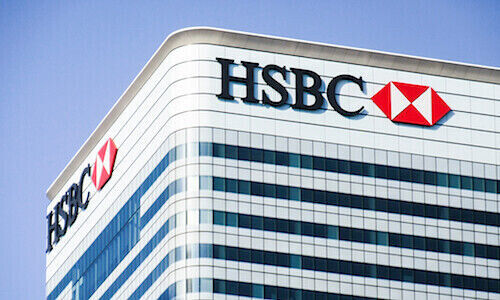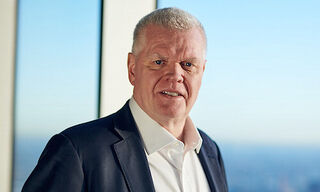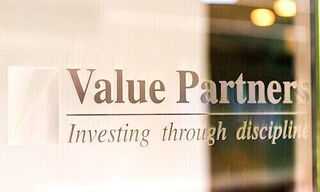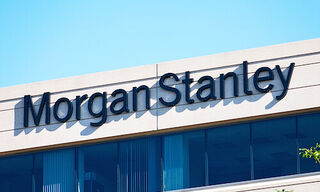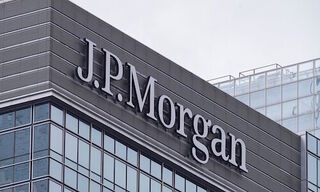Both of the U.K.'s big Asia-focused banks suffered in the second half of 2015 as emerging markets took a dive, according to a report by S&P Global Market Intelligence.
But, while Standard Chartered's revenues plunged more quickly than HSBC Holdings', that does not mean the smaller bank is closer to the end of its trials.
HSBC's operating income declined by 11.1 percent in the second half of the year compared to the same period of 2014, with revenues hit particularly hard in the fourth quarter in the bank's Asian retail operations. But Standard Chartered's slid 28.2 percent in the half, in a performance which CEO Bill Winters said «rips at the soul». Some 150 employees risk having bonuses they have already receiving clawed back, Winters said.
With an unsupportive macroeconomic environment in its key Asian markets, the sluggish performance means that Standard Chartered might struggle to boost annual revenues from $15.4 billion to $17.0 billion by 2018 in order to increase return on equity (ROE) to 8 percent, Shailesh Raikundlia from Haitong Securities wrote in a research note.
Standard Chartered with a new Strategy
Under its new strategy announced in November, Standard Chartered is targeting ROE of more than 10 percent in the medium term, as well as a common equity Tier 1 ratio of between 12 percent and 13 percent. Its CET1 ratio is already there, having jumped 206 basis points in a year to 12.6 percent.
Asset write-downs at Standard Chartered almost doubled in the second half to $4.09 billion, while operating expenses rose by 8.3 percent. On the positive side, the bank has now taken $1.8 billion of the $3.0 billion in restructuring charges it expects to book by the end of 2016.
- The full report can be accessed here.

